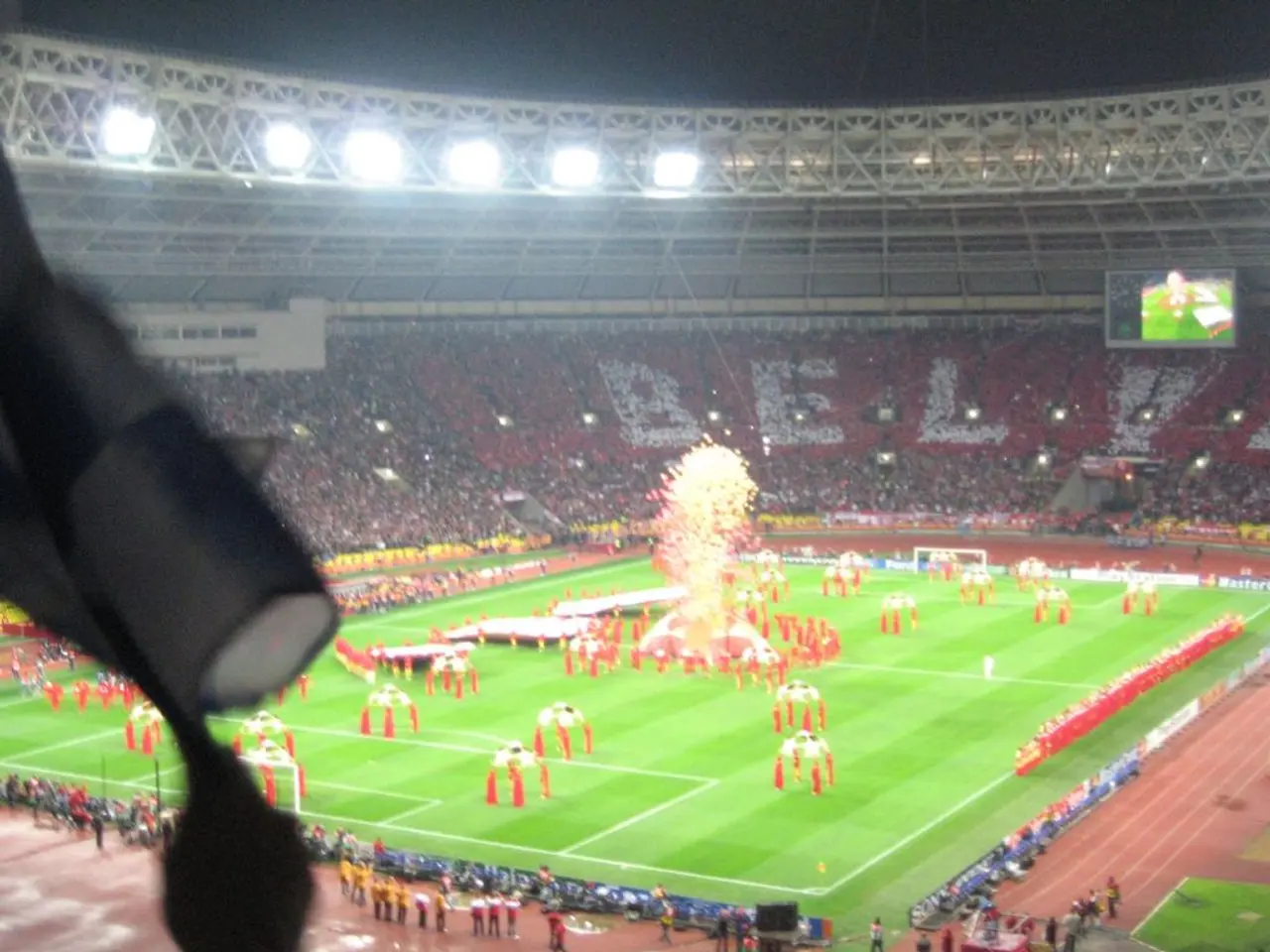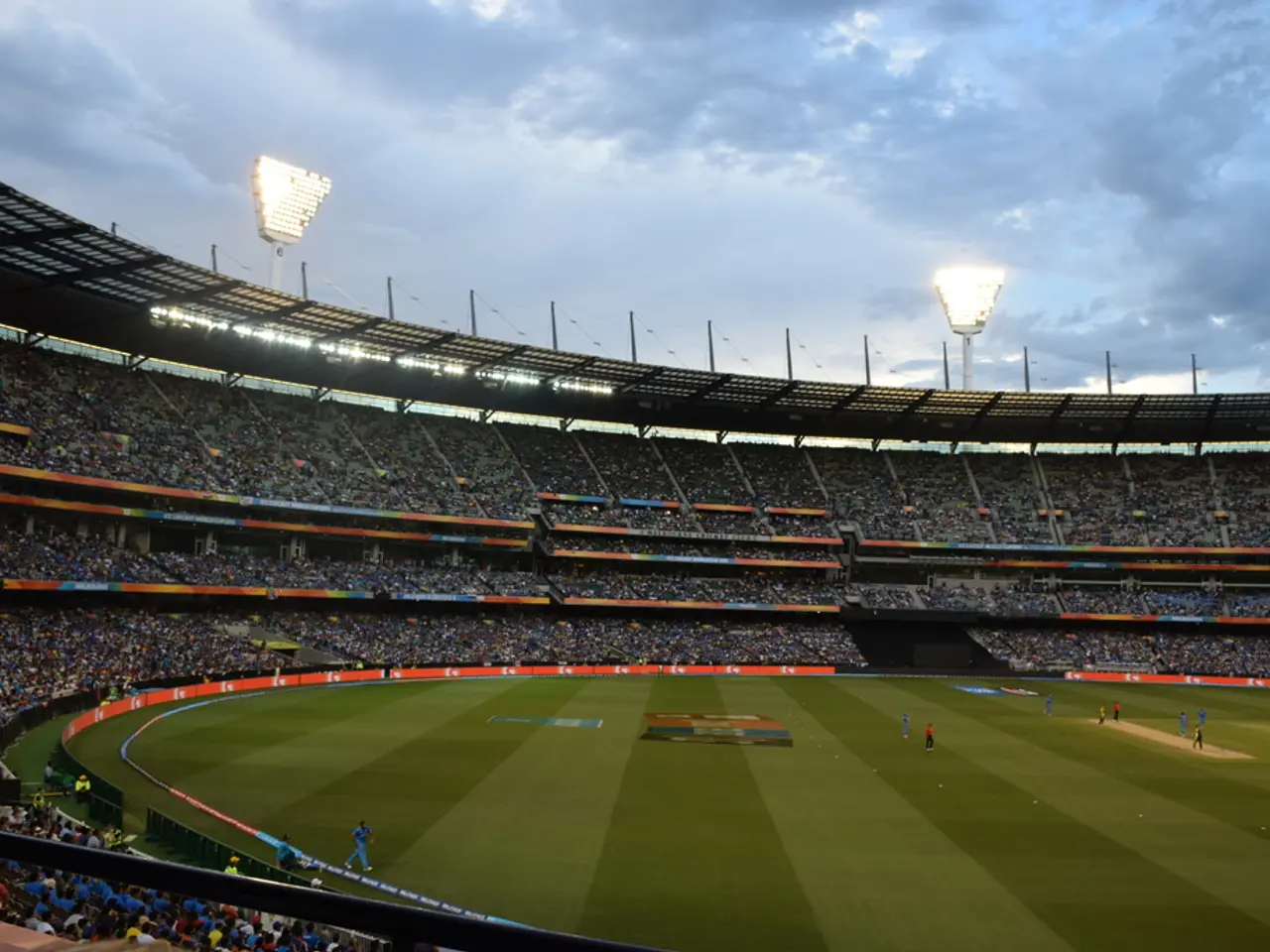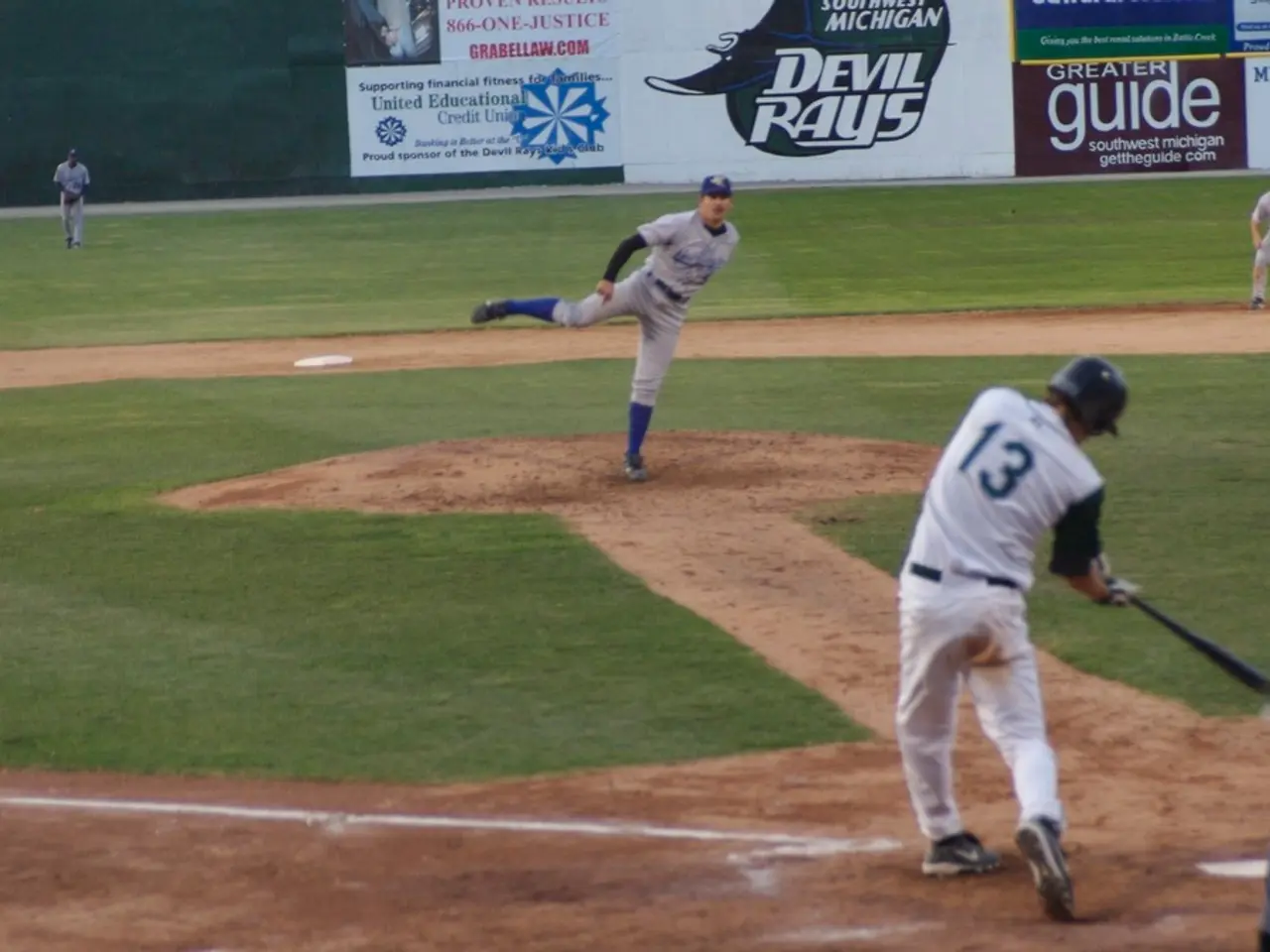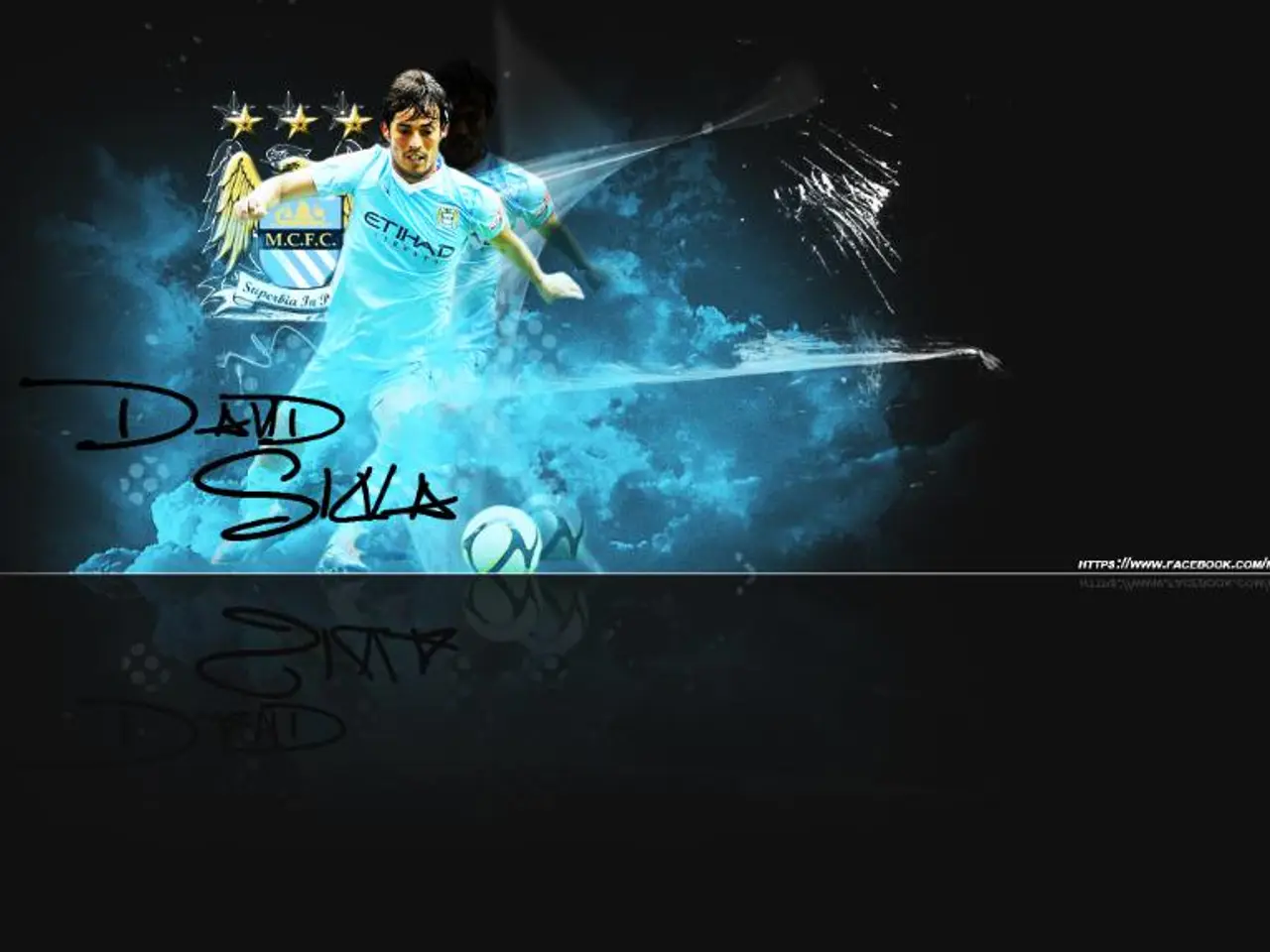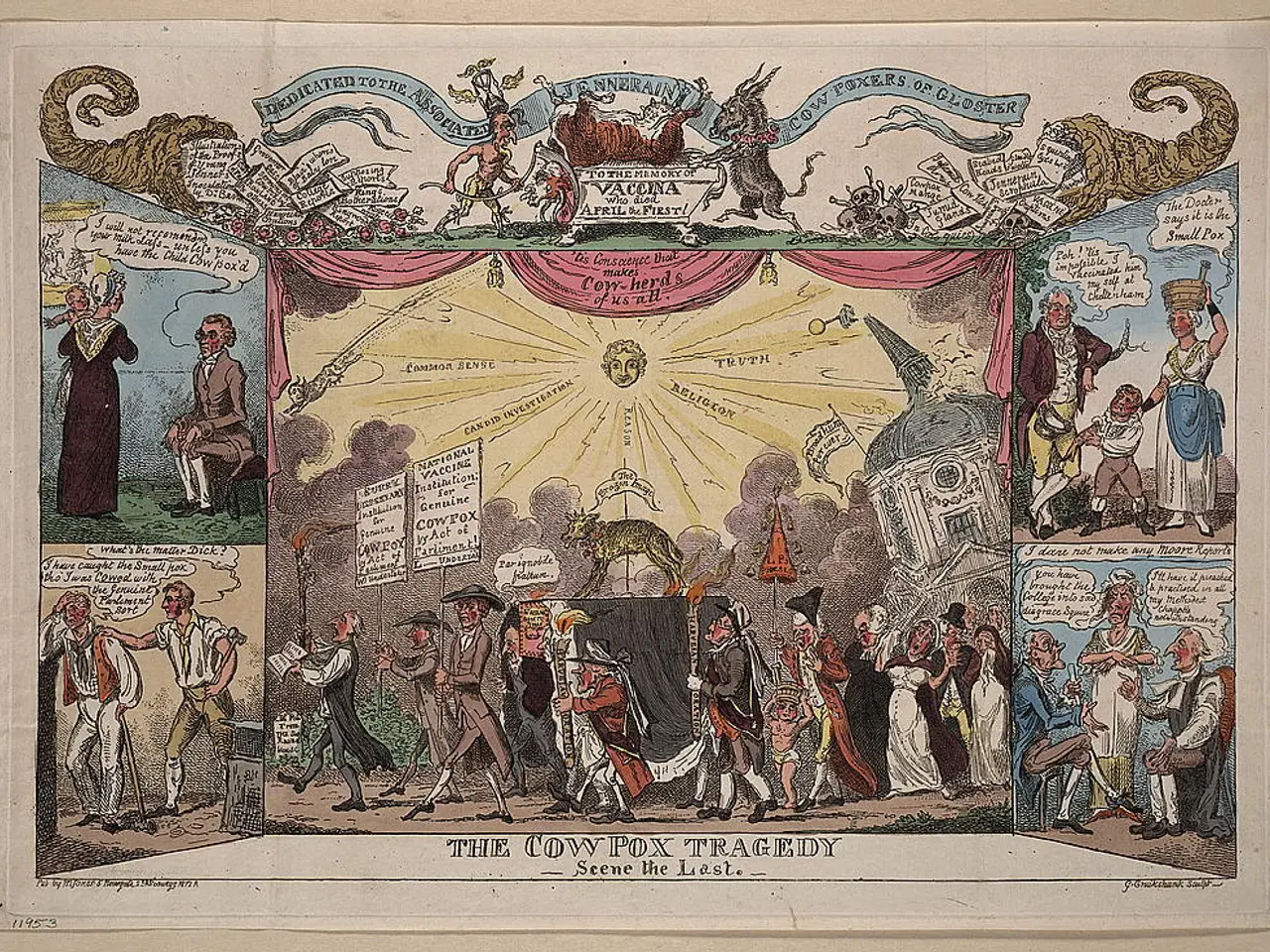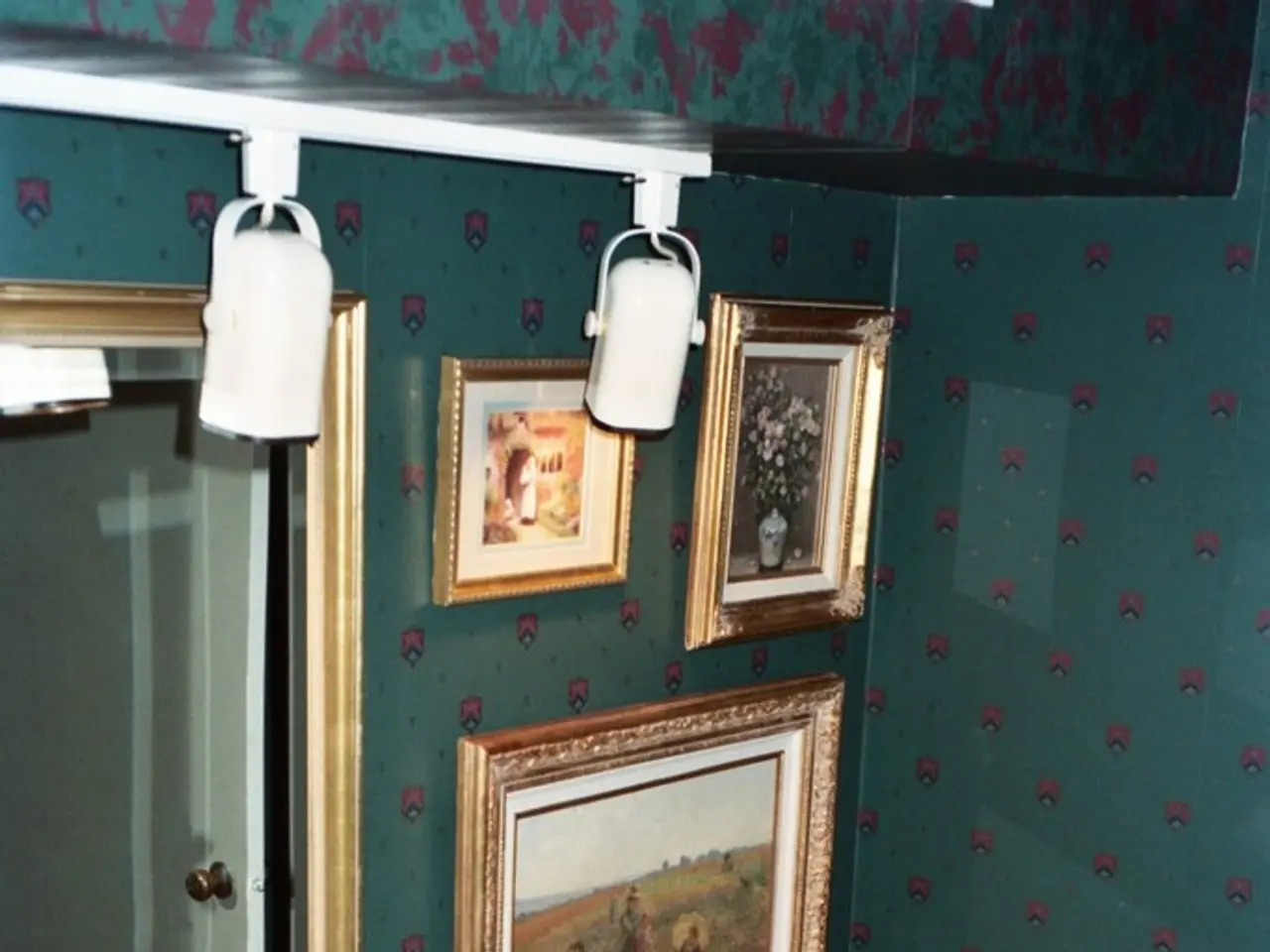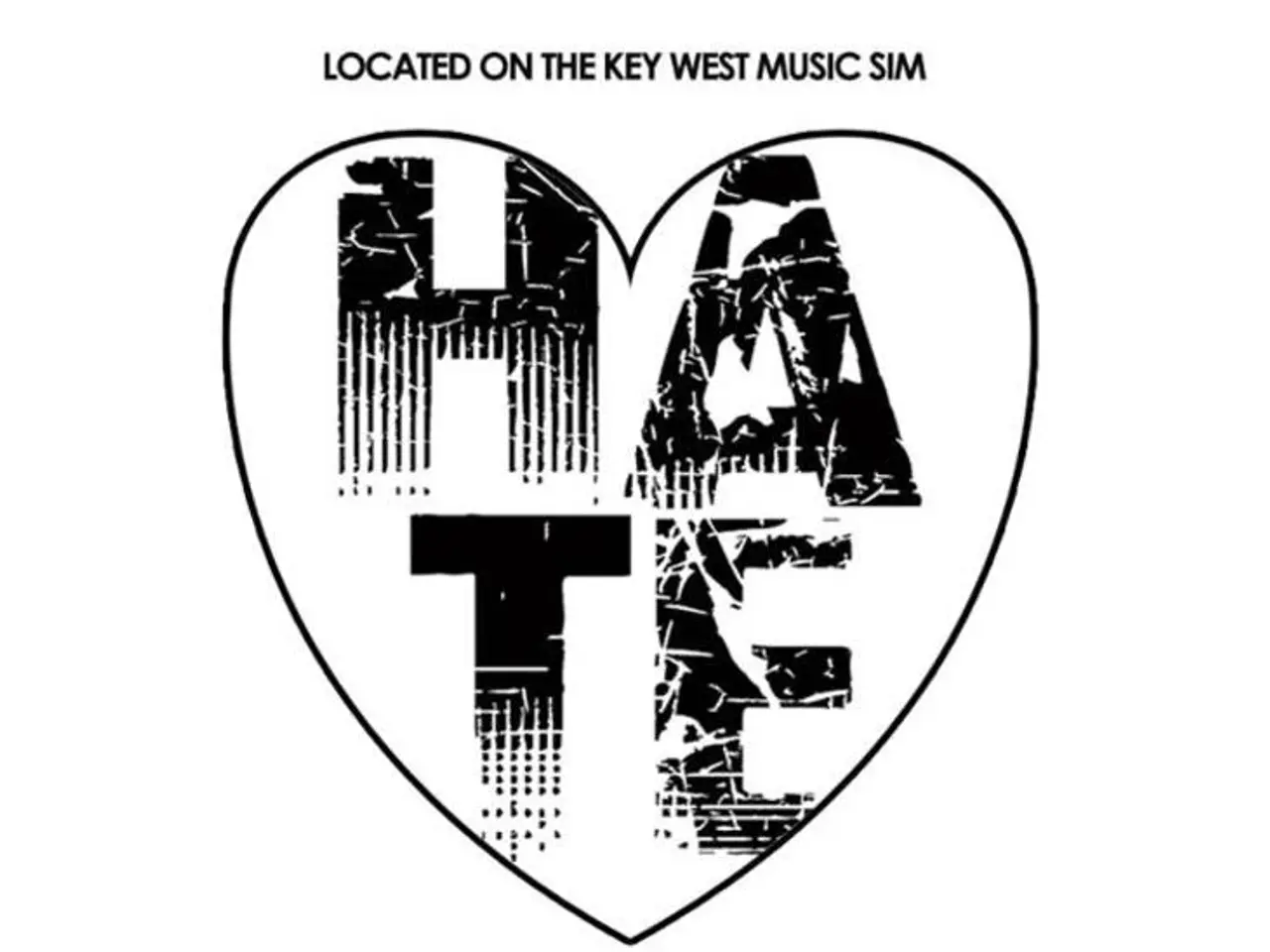Leopards in war-torn DR Congo demonstrate incredible resilience
The Democratic Republic of Congo (DR Congo) national football team, affectionately known as the Leopards, has a rich history that mirrors the country's complex political and social landscape. Established in 1919 and making their debut in 1948, the Leopards have experienced both notable successes and significant challenges [1][2].
In 1974, the Leopards made history by becoming the first Sub-Saharan African team to play in the FIFA World Cup. They also claimed victory in the Africa Cup of Nations (AFCON) twice, in 1968 and 1974 [1]. However, periods of conflict, social instability, and infrastructure challenges have caused interruptions in their football progress, including failures to qualify for several major tournaments in the late 20th and early 21st centuries [1][2].
Despite these national hardships, the Leopards have been a symbol of unity and pride for the Congolese people. Football serves as a sanctuary and a beacon of national cohesion amid crises [2]. Peace efforts by regional leaders, including those from the East Africa Community and Southern African Development Community, aim to stabilize the country, which indirectly affects the football team's environment by improving nationwide conditions [2].
Recently, the government of DR Congo has invested about Sh2.6 billion in a sponsorship deal with FC Barcelona, placing "Visit Congo, Heart of Africa" on training kits [1]. This deal includes cultural exhibitions and youth sports programs, with the government hoping to rebrand DR Congo's image globally, attract tourism, and spark investment [1].
However, there is no evidence that the DR Congo government has invested in or sponsored FC Barcelona, according to available data [1][2][3][4]. FC Barcelona’s sponsorships typically come from major global corporations and sports brands, and no credible source confirms DR Congo’s government involvement in such a deal [1][2][3][4].
The Leopards have shown resilience in recent years, with impressive performances in both FIFA and AFCON qualifiers. In 2024 and 2025, they drew with Senegal and recorded crucial wins against Togo, Ethiopia, Tanzania, and Guinea [1]. Despite these successes, many Congolese clubs lack functioning pitches, and player salaries often go unpaid for months [1].
The Leopards' soaring legacy often competes with the grim realities on the ground, with over 23 million people facing hunger and hospitals lacking basic supplies [1]. In early 2023, DR Congo was briefly suspended by FIFA due to government interference in its football federation [1].
As the Leopards continue to strive for success on the international stage, they remain a beacon of hope and unity for the Congolese people, embodying the spirit of resilience in the face of adversity.
[1] - Various online sources [2] - "The Leopards of Congo: A Football Team in a Nation at War," The Guardian, 2015 [3] - "DR Congo's football struggles mirrored in country's political instability," BBC Sport, 2018 [4] - "DR Congo's football federation suspended by FIFA," BBC Sport, 2023
Business ventures, such as the recent government investment in a sponsorship deal with FC Barcelona, demonstrate a new approach for rebranding DR Congo globally. This deal, however, remains questionable, with no credible evidence supporting Government involvement [1][2][3][4]. Moreover, the sports sector in the country, particularly football, still faces challenges like a lack of functional pitches and late or non-payment of player salaries [1].
